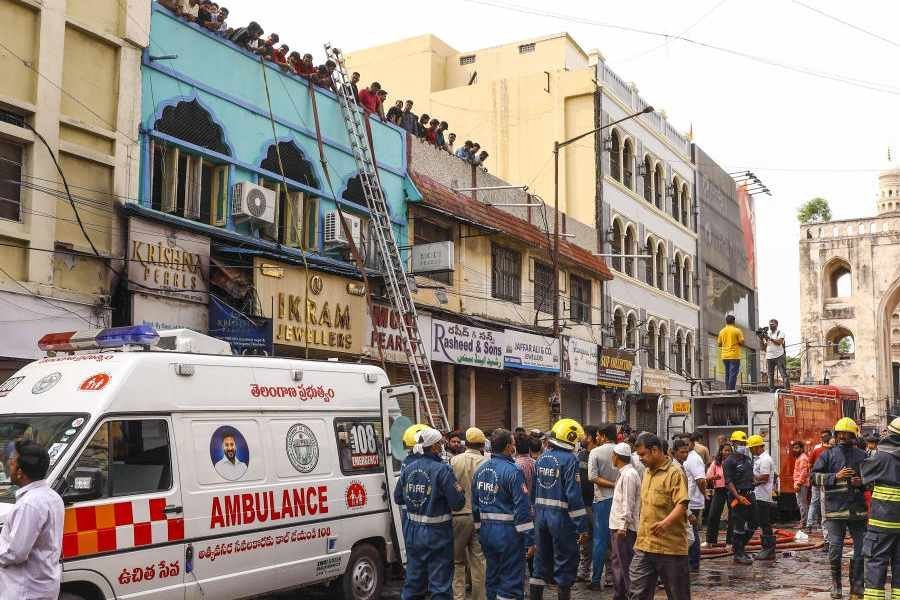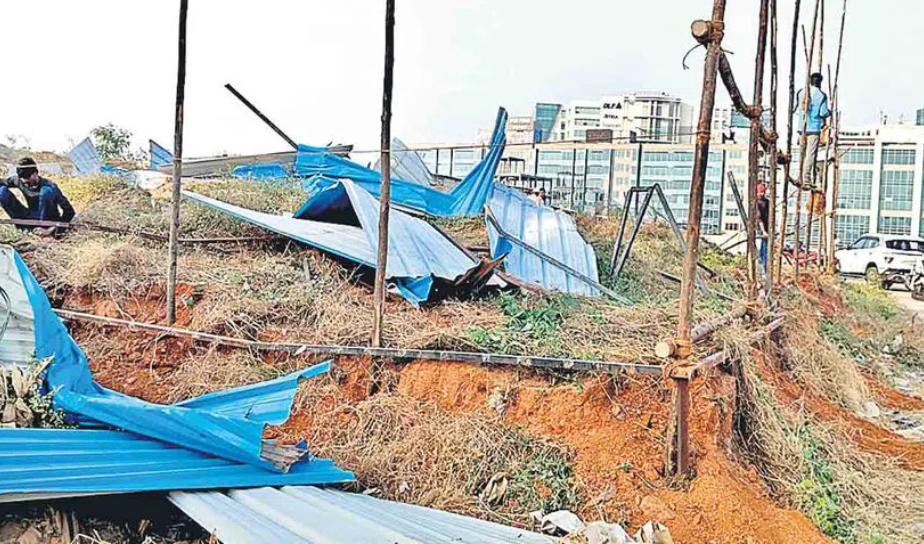
Is the water at Sangam, where the Ganges meets the Yamuna and the mythical Saraswati, safe for drinking? This question has become central to the ongoing Sangam Water Quality Controversy. Uttar Pradesh Chief Minister Yogi Adityanath has dismissed reports indicating the presence of fecal bacteria in the river water, leading to significant public concern over water quality at Prayagraj, especially as millions gather for the Maha Kumbh.
The Role of the National Green Tribunal
The controversy intensified when the National Green Tribunal (NGT) criticized the Uttar Pradesh Pollution Control Board (UPPCB) for failing to provide complete information regarding water quality, particularly concerning fecal coliform levels. According to a report by the Central Pollution Control Board (CPCB), alarming levels of fecal bacteria were detected in the Sangam water.
UPPCB’s Defense and Responsibilities
In response to the NGT’s concerns, the UPPCB stated in an affidavit that the water quality of the Ganges and Yamuna is normal. However, the tribunal questioned the adequacy of the UPPCB’s findings, asking, “Why have you filed such a huge document then? To waste our time?” This criticism underscores the urgency for transparency and accurate reporting regarding the water quality at this significant religious site.
CPCB Findings and Public Reaction
The CPCB’s findings have raised alarm bells among the public. Their report indicated that the water quality at various locations along the river in Prayagraj failed to meet primary standards for bathing, primarily due to the presence of fecal coliform, a crucial indicator of sewage contamination. This revelation has stirred fears among devotees participating in the Maha Kumbh festival.
Despite these findings, Chief Minister Yogi Adityanath has labeled the reports as propaganda. He has gone so far as to assert that the water is fit for consumption, claiming that taking a dip in the water during the Maha Kumbh is safe and even encouraged.
The Bigger Picture
The Sangam Water Quality Controversy highlights the critical need for reliable water quality assessments, particularly in areas of significant public interest. With over 30.94 lakh devotees taking a holy dip on a single day, the stakes are high for public health and safety.
For more information on environmental regulations and how they affect water quality, you can visit The Hans Bharat. Additionally, for insights on legal frameworks governing environmental protection, check out the National Green Tribunal.









